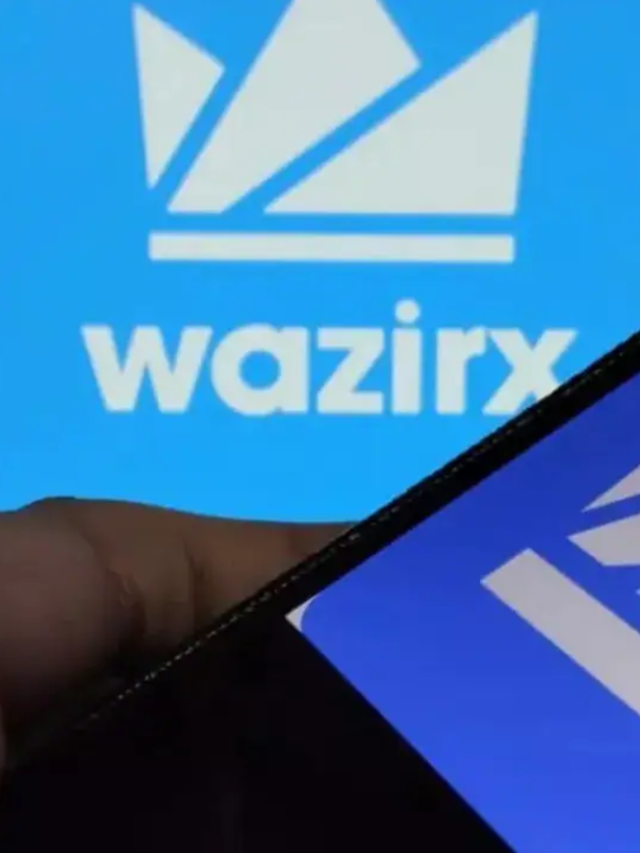In what has been described as a most unprecedented, daring bid to sidestep protracted international sanctions imposed on it by Western countries, Russia is scheduled to start conducting trials across borders with cryptocurrency. This move, anticipated to begin next week, has been seen as one of the most significant shifts in the approach of Russia against economic isolation, which has followed its invasion of Ukraine. However, analysts are throwing doubt at the move, as the basic blockchain technology is transparent, and it can further deteriorate into more severe sanctions from the Western world.
Legal Framework: Russia’s New Crypto Law
In July 2024, Russia passed legislation that allowed cross-border payments to be made in cryptocurrency. The law was immediately signed into law by President Vladimir Putin and is seen as part of Russia’s broader plan to circumvent financial curbs that have seriously damaged its economy. It keeps the prohibition on using cryptocurrencies as legal means of payment within Russia. However, it opens up cross-border settlements in an “experimental” regime under the Central Bank of Russia.
It is a very vague law and does not specify how these cryptographic transitions are to be made. It gives quite broad powers to the Central Bank of Russia, enabling it to create this experimental regime and manage it. At any moment, the bank can develop regulations with regard to such transactions, modify them, or even abolish them, at its discretion, which may depend on how the experiment goes or based on the developing geopolitical situation. The wide-ranging authority given has raised many questions about how well the bank will handle this new regime and how frequently the rules may be changed.

Russia
Role of the Central Bank: Uncertainty and Control
The Central Bank of Russia has been put at the heart of this new crypto strategy, entitled to supervise and regulate this experimental regime. It will decide on the range of companies to take part in the experiment and how these transactions should be done. Still, some discrepancies in the law make it fuzzy on how transparent and predictable the regime would turn out to be.
Ivan Chuprunov, associate professor at the Research Centre of Private Law in Moscow, claims that it still remains unclear what exactly will be the parameters of this experimental regime—what kind of cryptocurrencies will be traded, under what rules, and also if foreign participants will join it. The fact that the rules can be changed by the Central Bank at any moment enhances uncertainty for this situation.
The Challenges and Risks: Crypto’s Traceability and Sanction Risks There is an inherent transparency to blockchain technology, which faces some of the biggest challenges to Russia’s crypto strategy. While cryptocurrencies would grant them the avenue to deal outside of the traditional financial system, they are highly traceable. This transparency, in fact, can permit Western governments to pursue and disrupt these kinds of transactions. But experts also warn that the successful use of crypto to circumvent the sanctions will lead to even more draconian enforcement, including the threat of secondary sanctions against third-party entities trading with Russia, leading to further economic isolation.
There is also an issue of liquidity in the crypto market, which may not be able to handle such large-scale transactions without volatility in crypto prices or unwarranted attention. This lack of liquidity would make it hard for Russia to make substantial cross-border payments without destabilizing the market or raising suspicion among international observers.
Foreign Partnerships: The Question of Engagement
Then, there is a far more pertinent question as to whether Russia will find foreign partners willing to enter into such transactions with it. Many potential partners will be quite circumspect in engaging in crypto-based trade with Russia, given the risks of coming under secondary sanctions. In fact, substantial economic or political incentives might be required for participation in such activities. Even with incentives, the uncertainty of how this new law will be enacted may make would-be partners leery of such dangerous transactions.
Conclusion
The use of cryptocurrency as a tool to get around Western sanctions is quite a gamble. This is far from a certain success, with many challenges standing in its way. The traceability of blockchain, the prospect of even tougher sanctions, liquidity problems, and the requirement of foreign partnerships make this some serious setbacks. Of course, vast powers have been given to the Central Bank of Russia in this experiment, and it is anybody’s guess how crypto in Russia can be used to evade sanctions. The world now watches closely as Russia embarks on this complex and risky financial experiment.



















